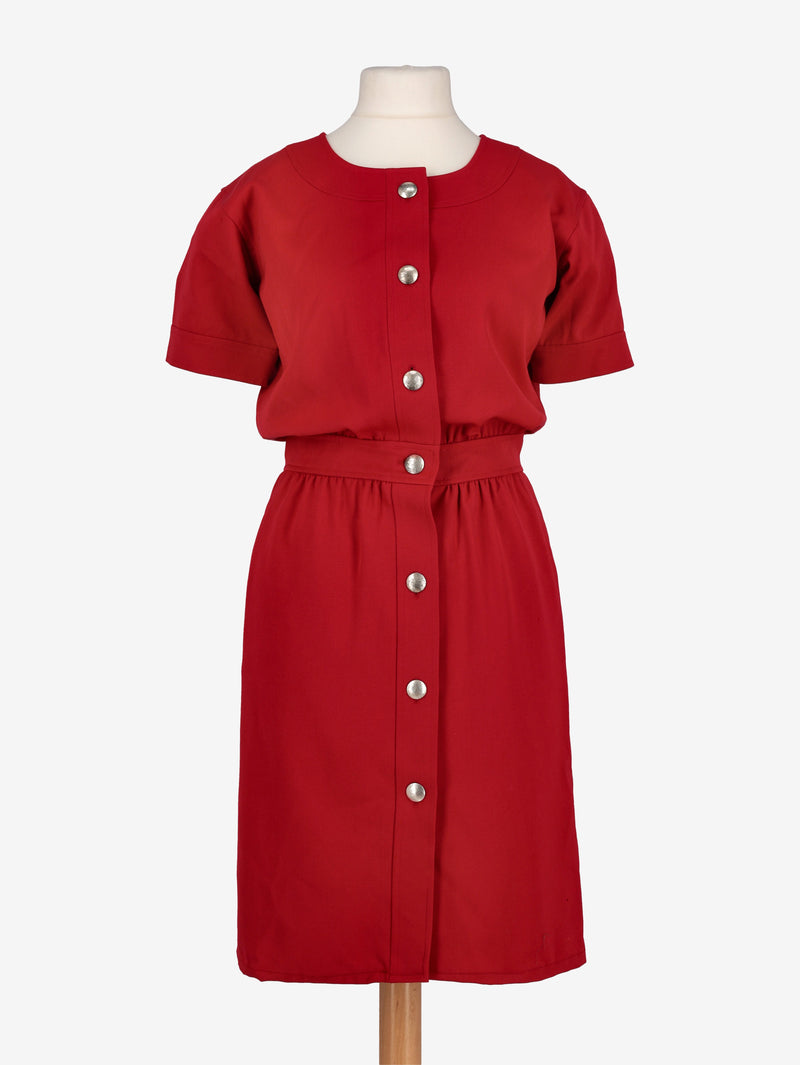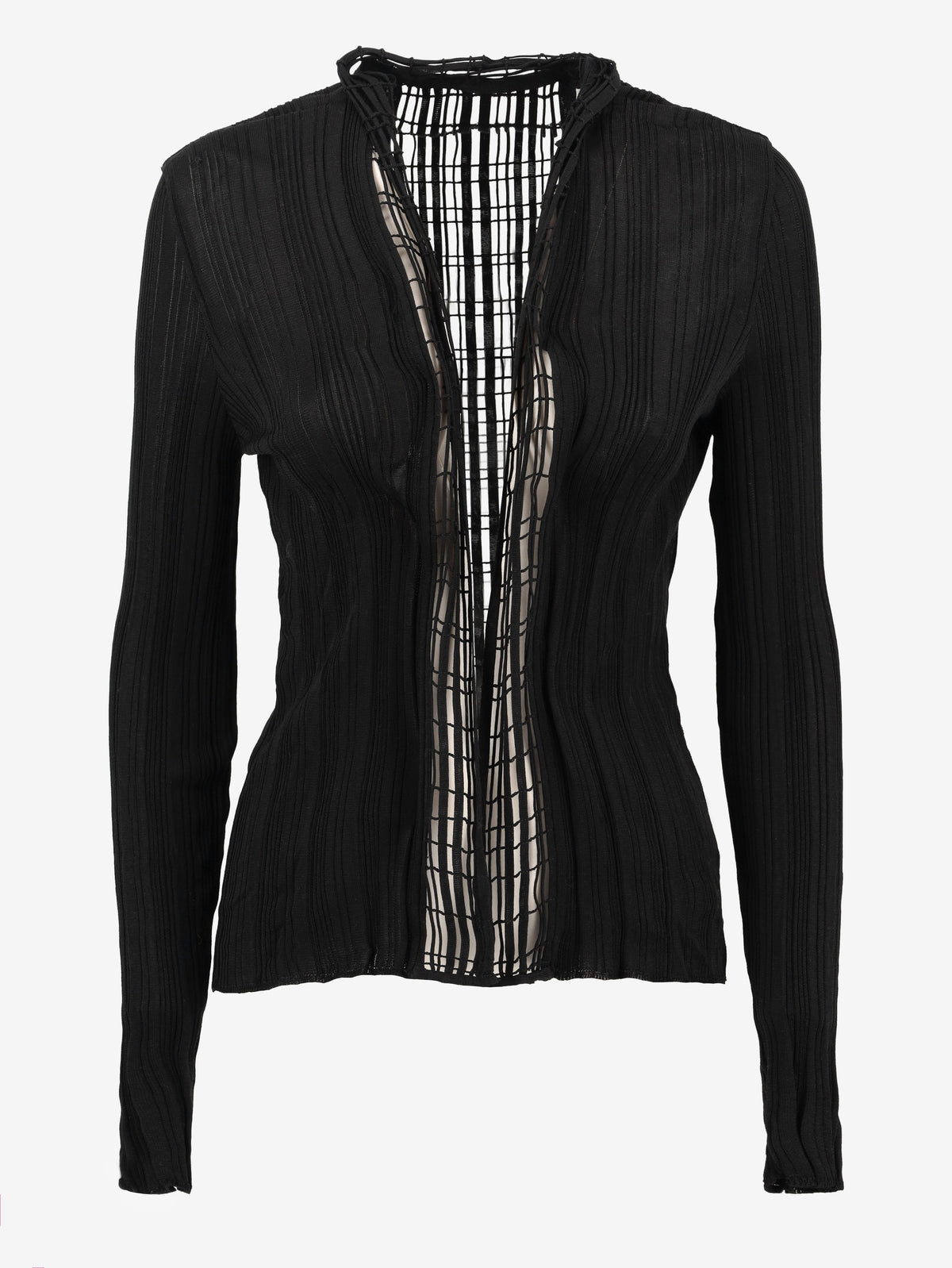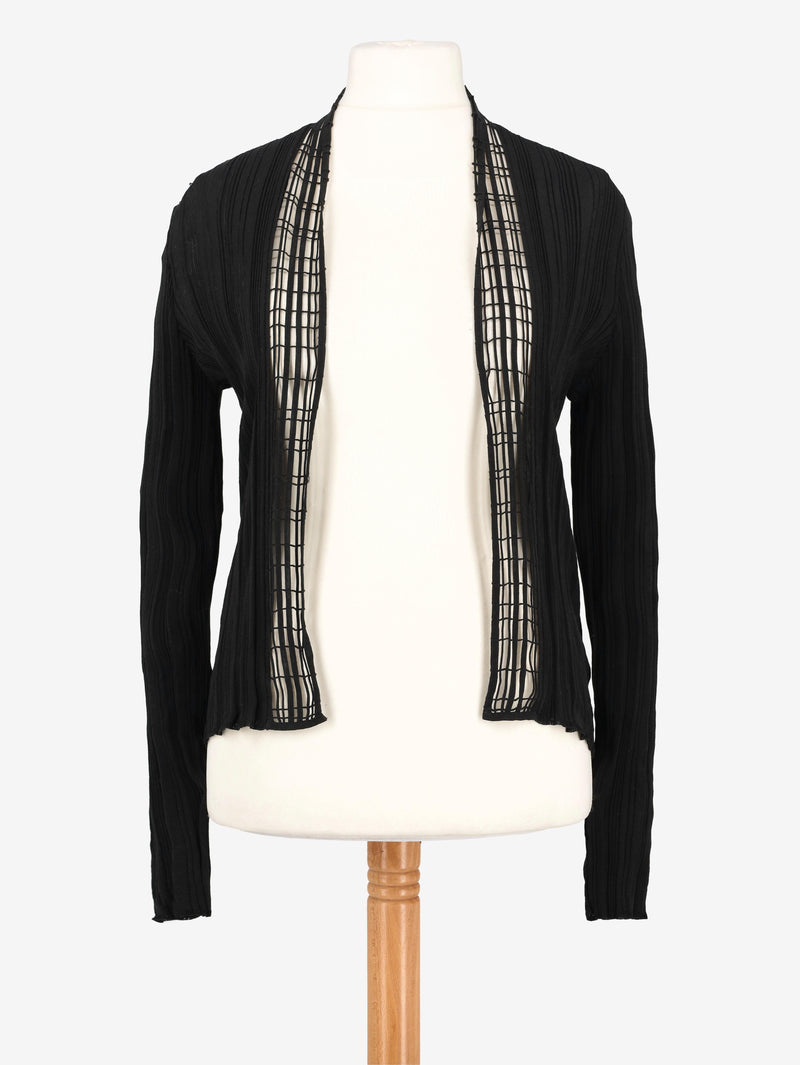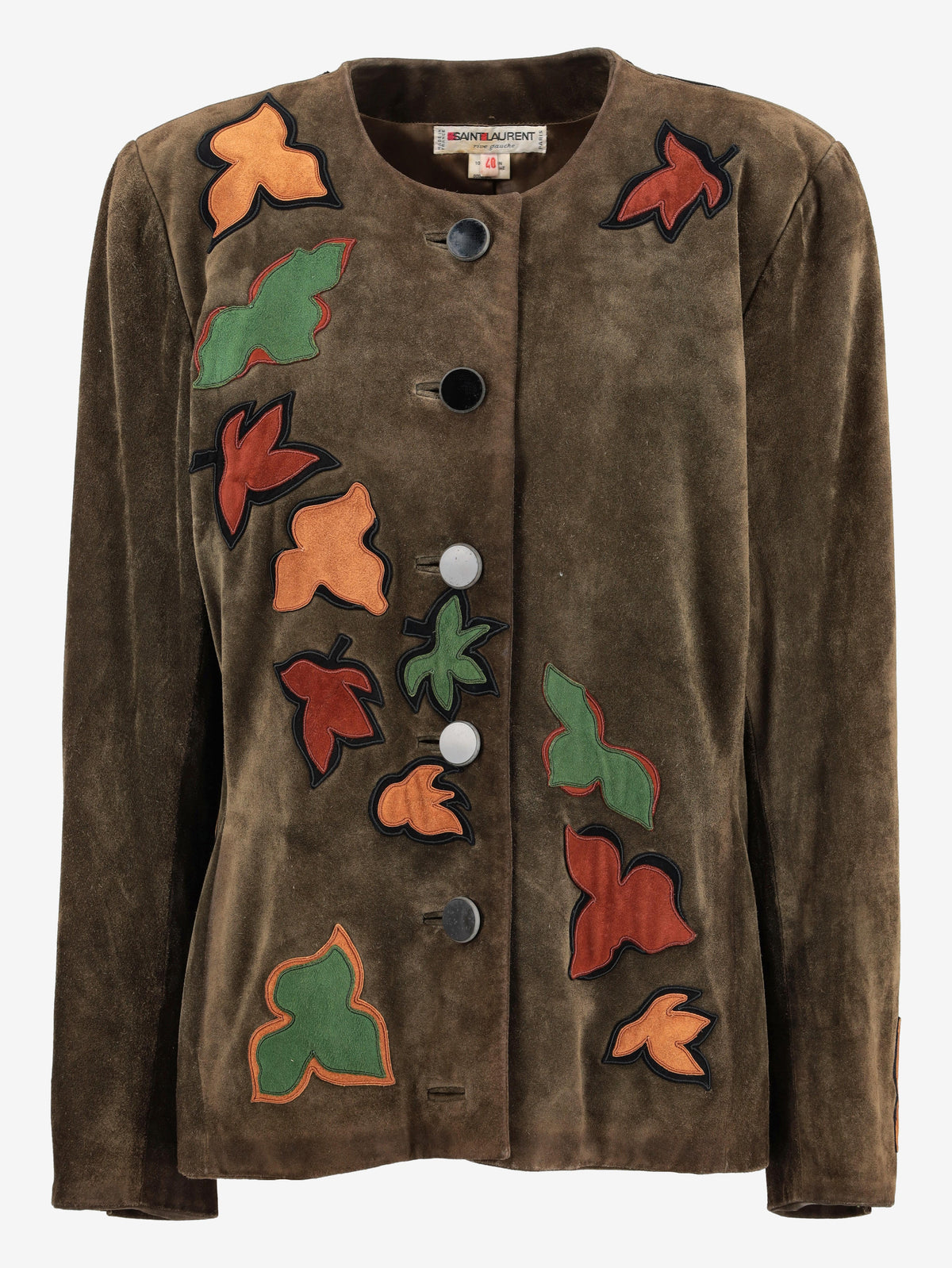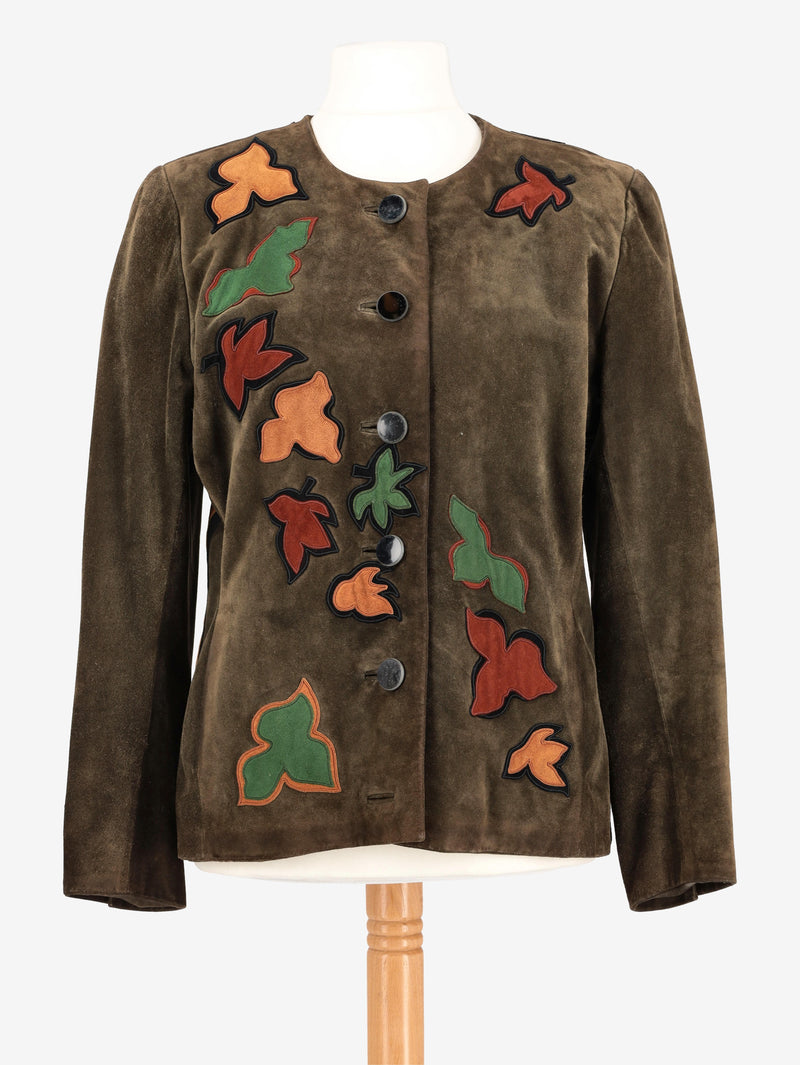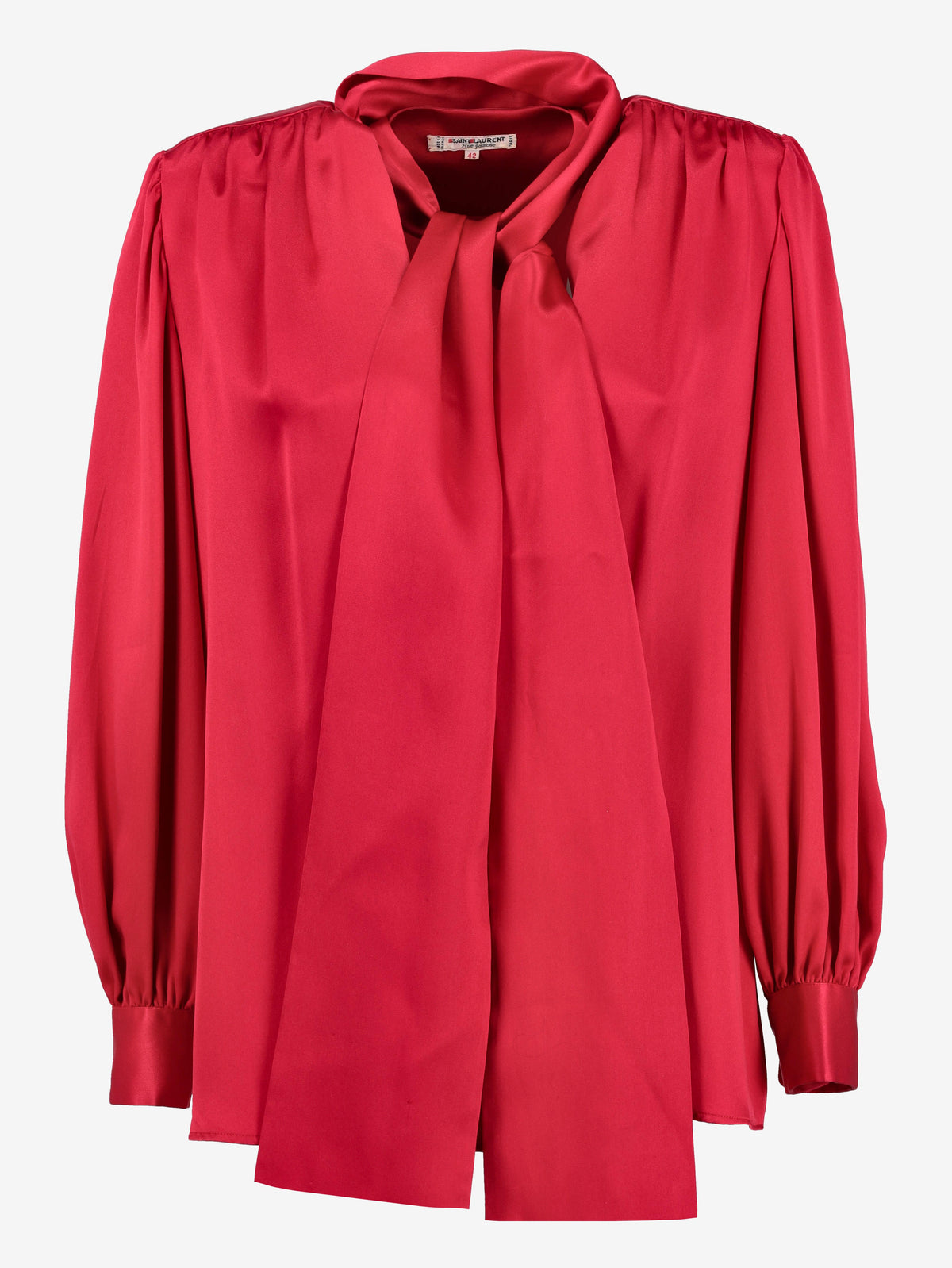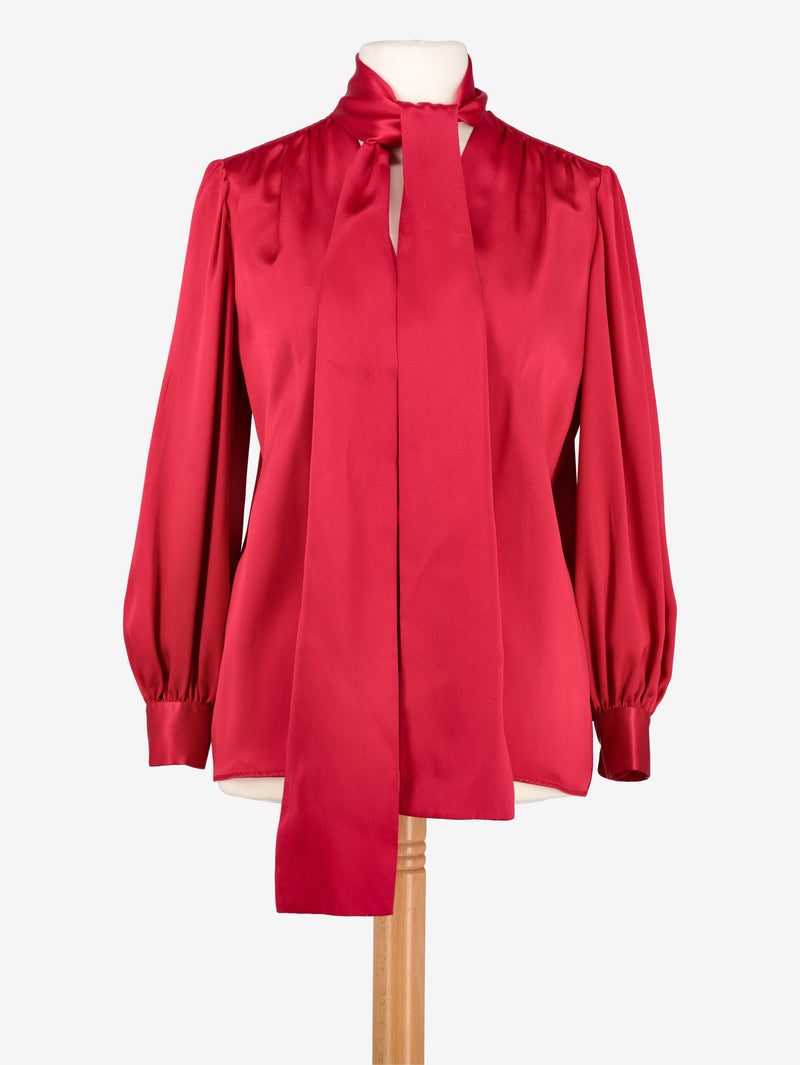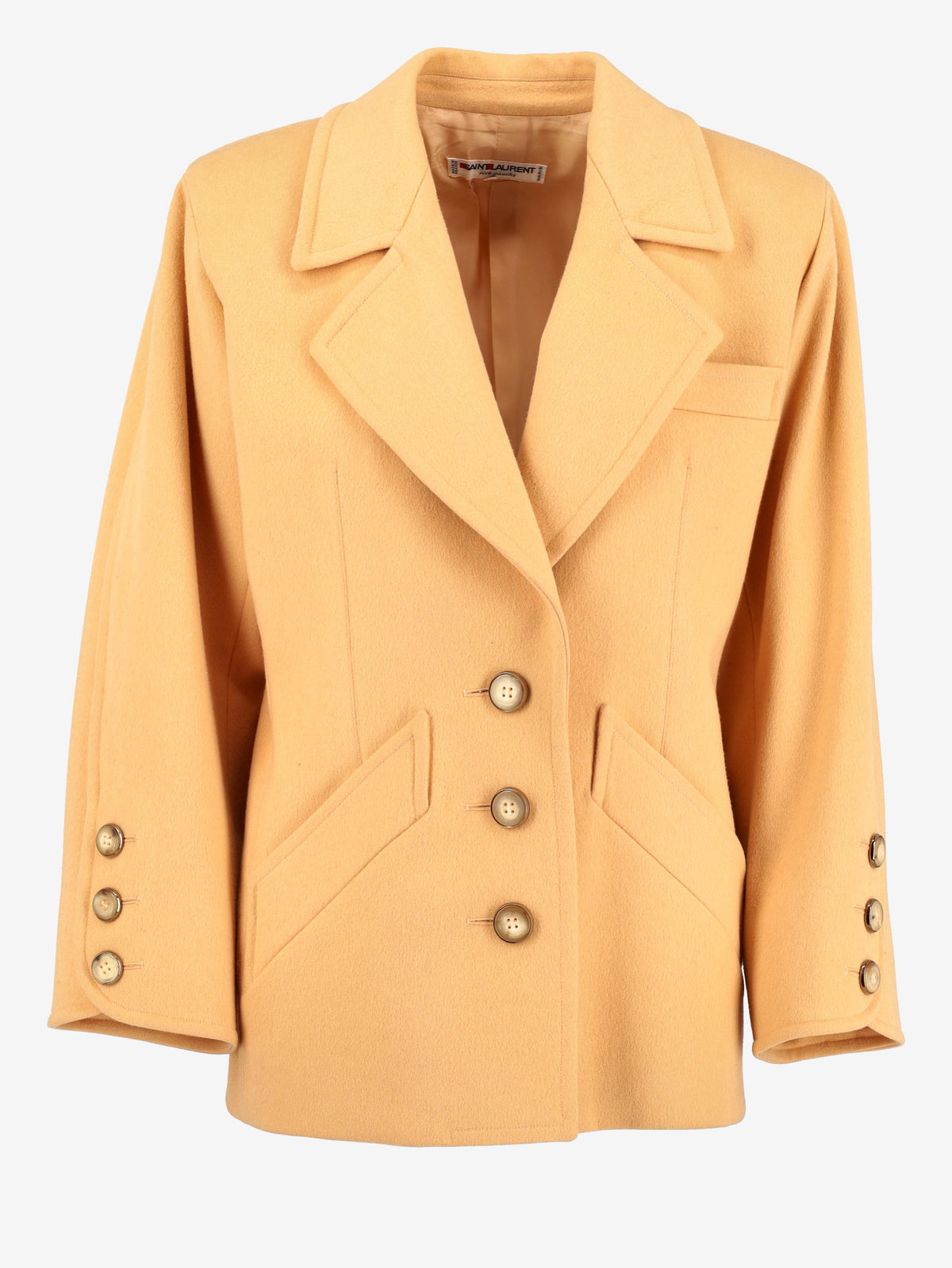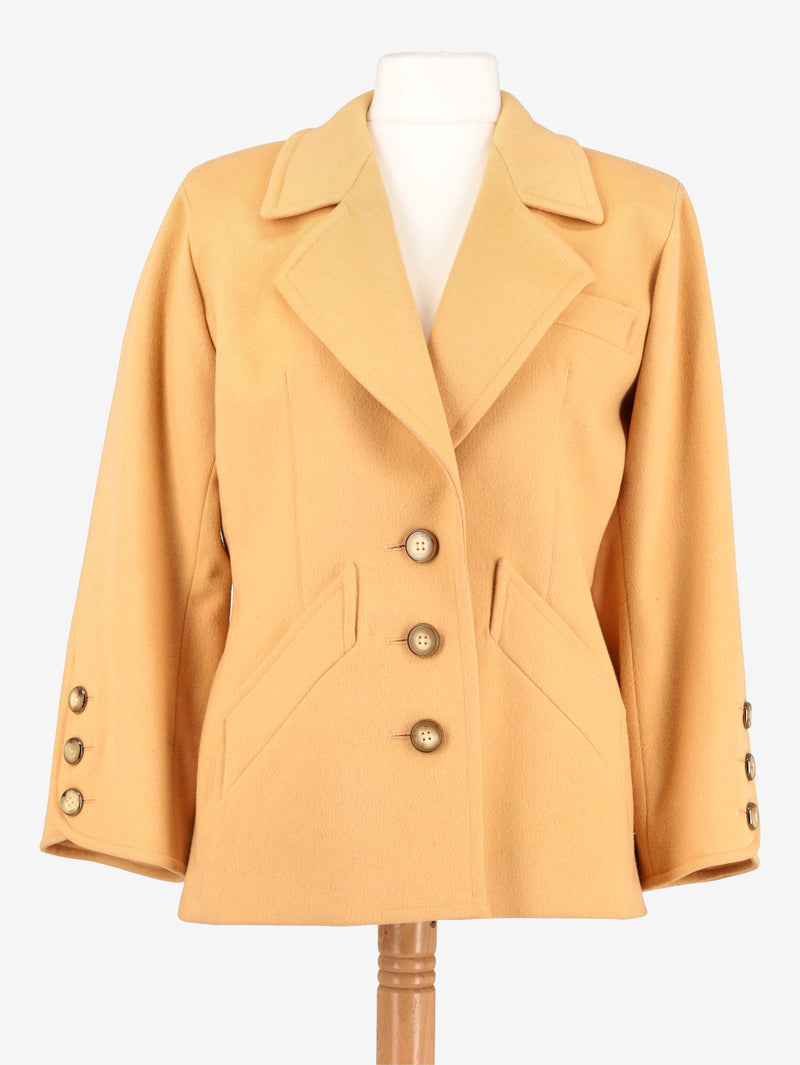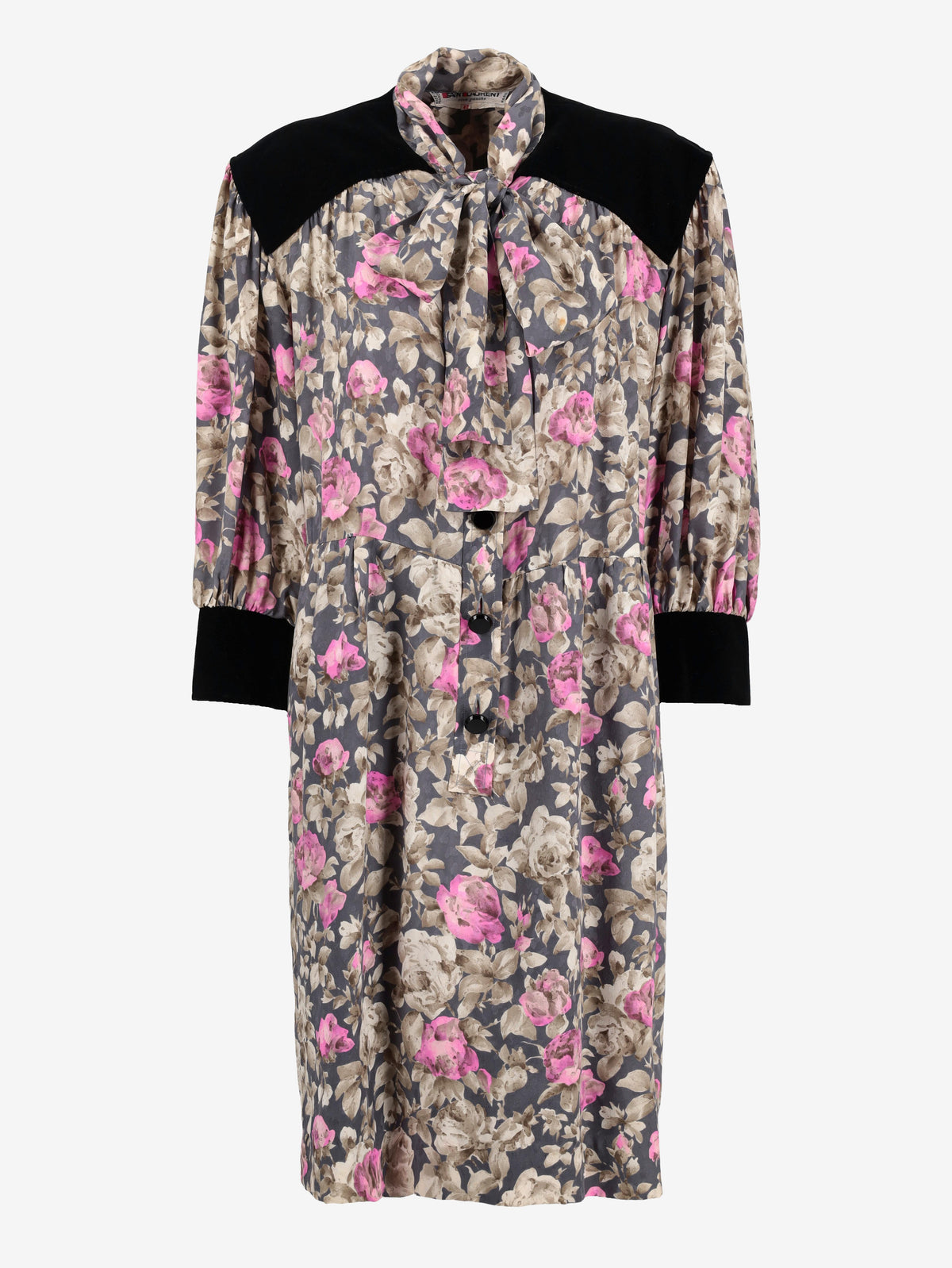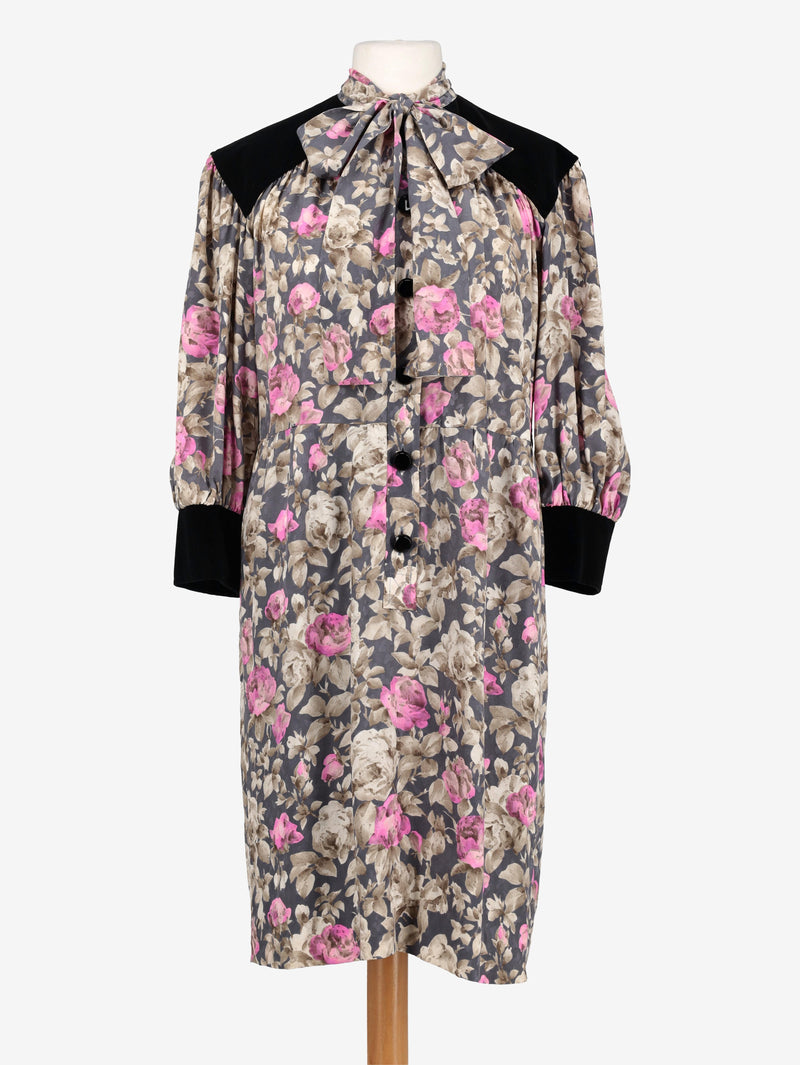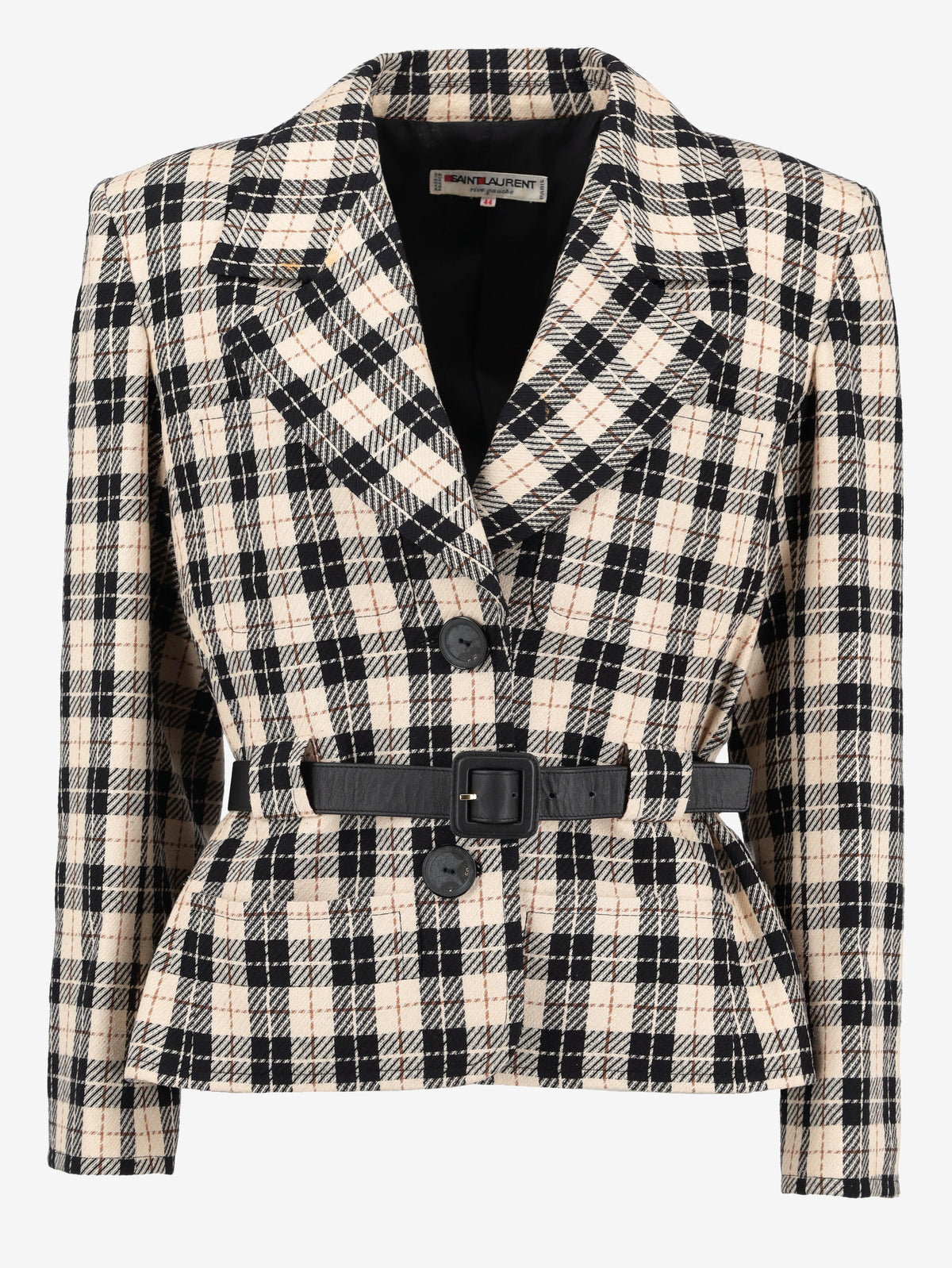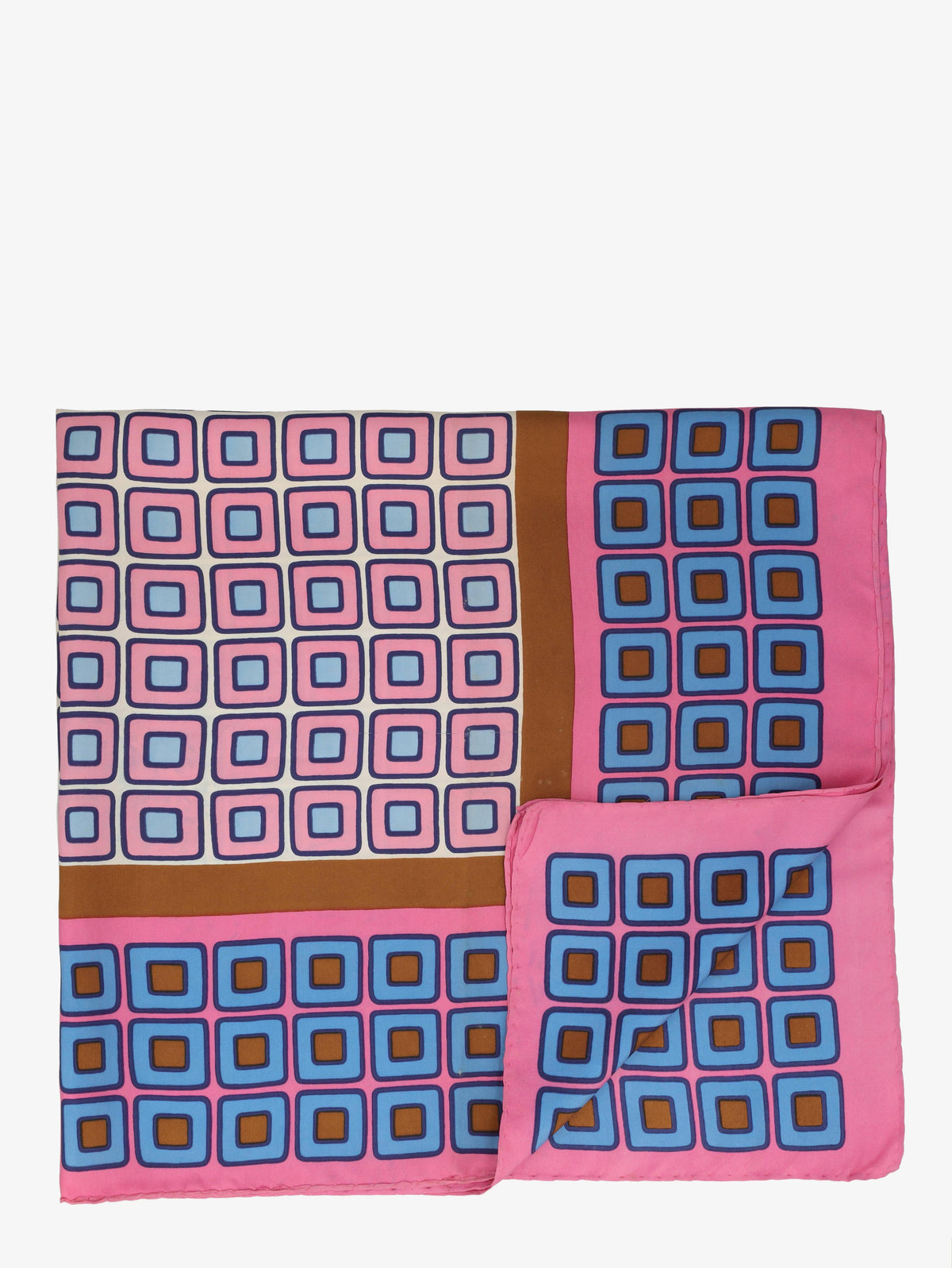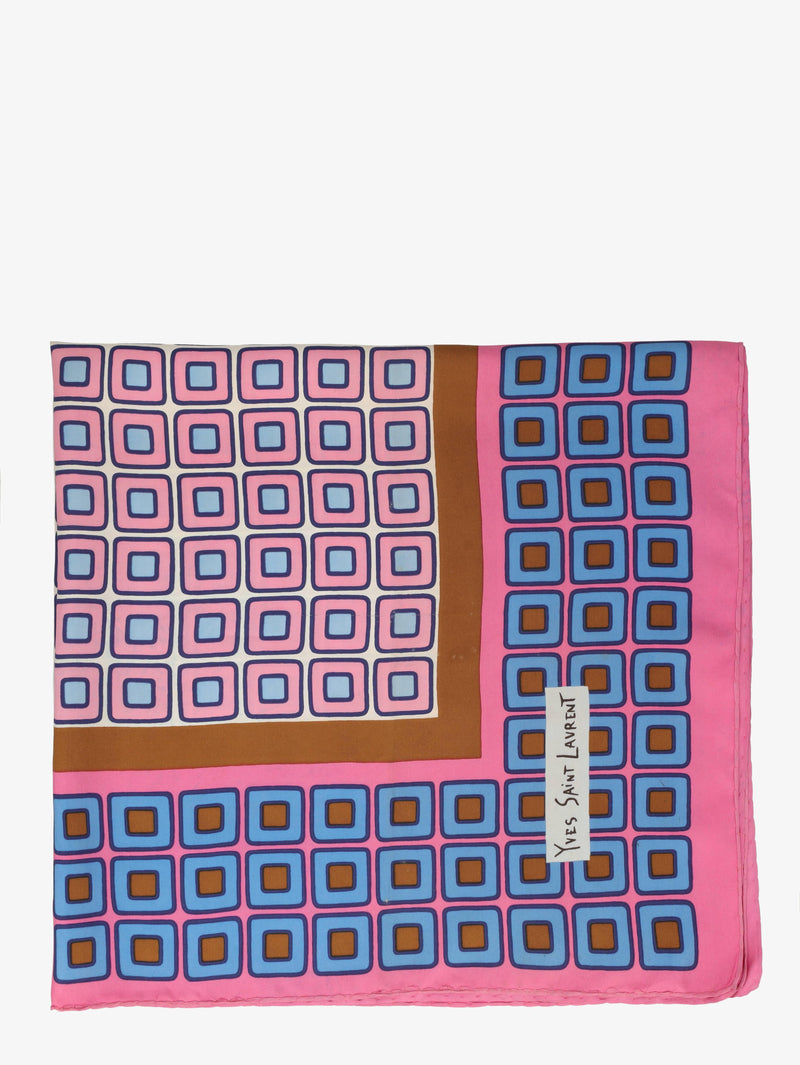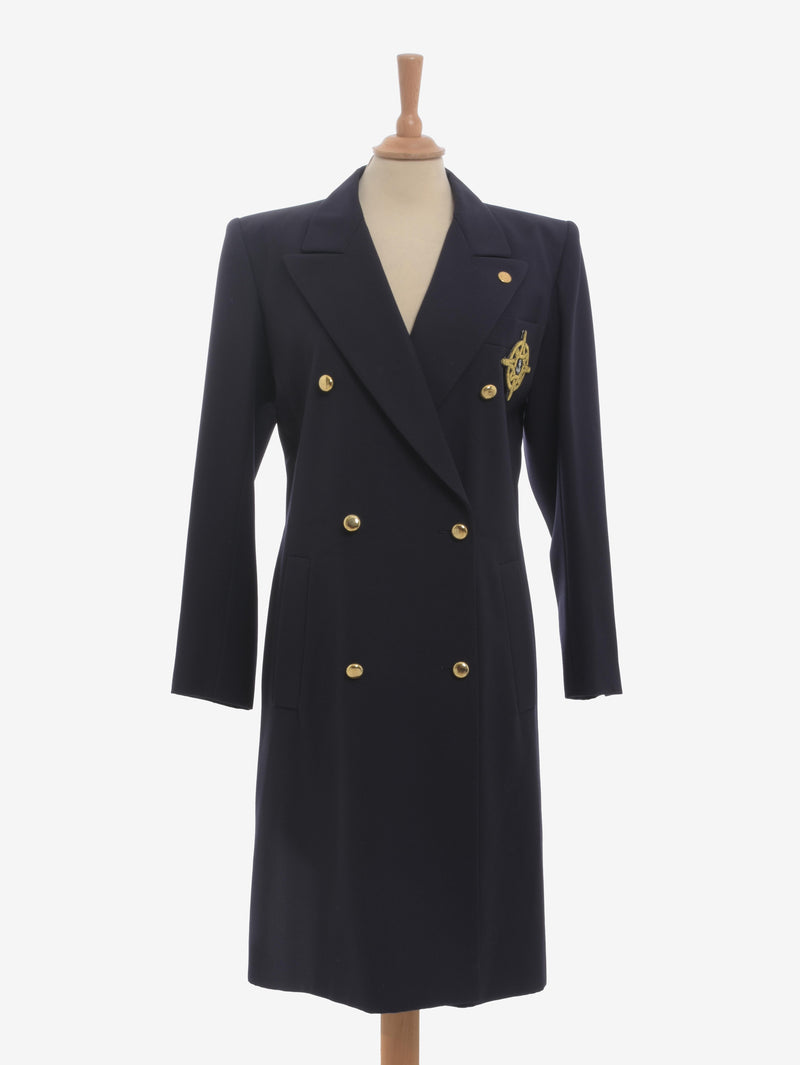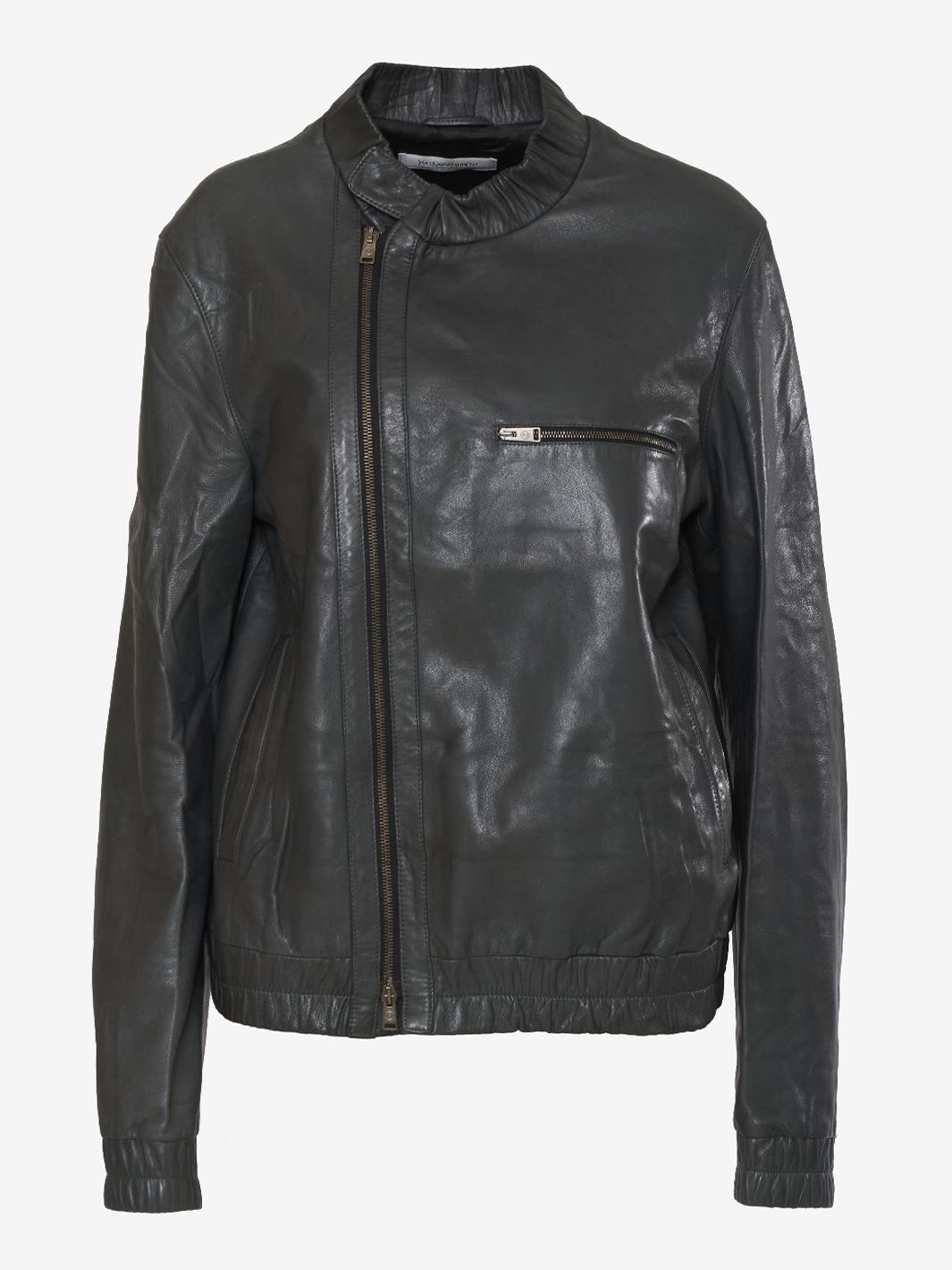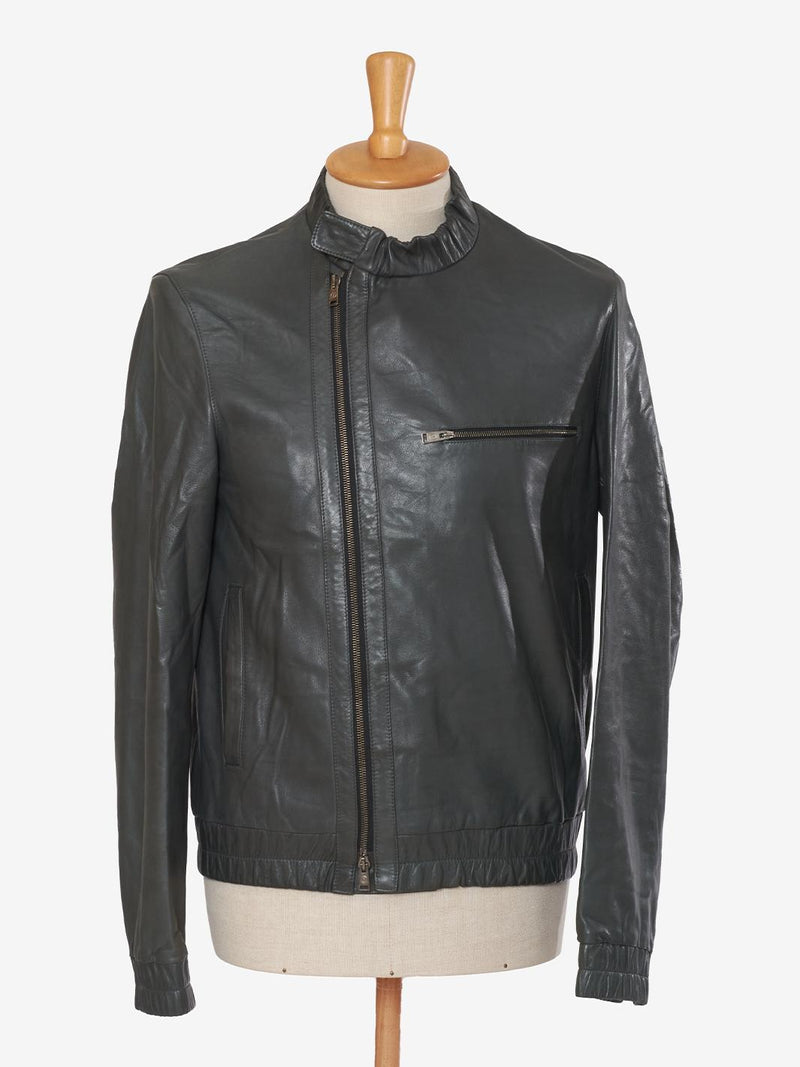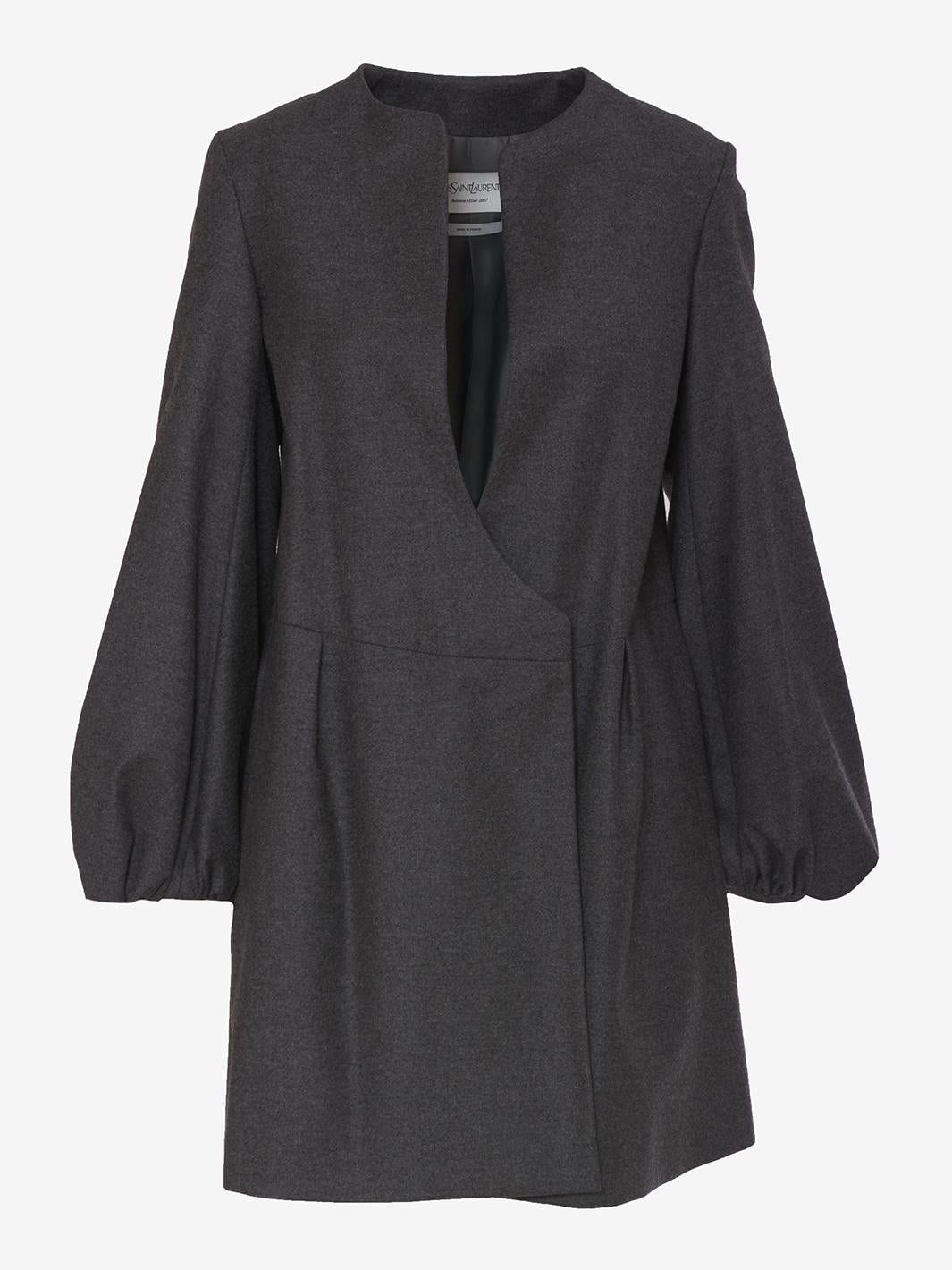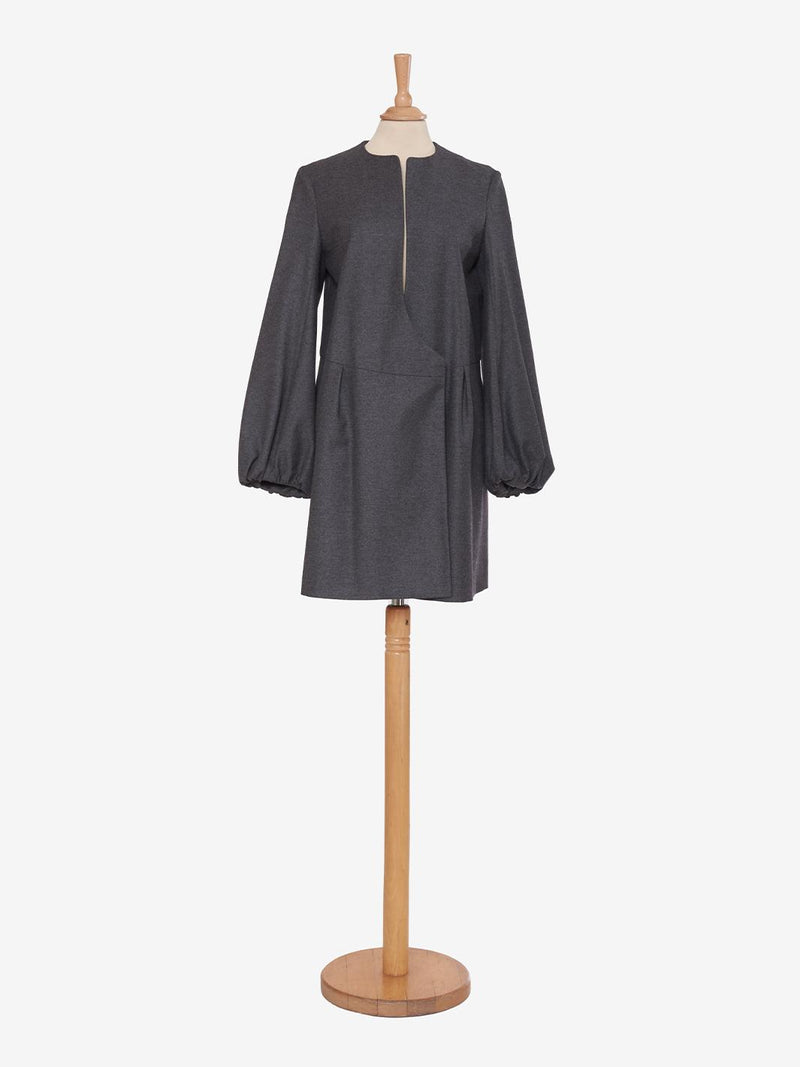LE COUTURIER
In the age of creative directors, when knowing how to communicate fashion has become almost more important than knowing how to create it, Yves Saint Laurent could definetly pride himself of the title of designer - one of the last real French couturiers, capable of applying heritage and tradition to the great social revolutions of his times. If it is only fair to credit Chanel for introducing women to the 20th century, it is just as fair to credit Saint Laurent, creator of the female tuxedo, with the discovery of the strength of individuality without any distintion of colour or gender.
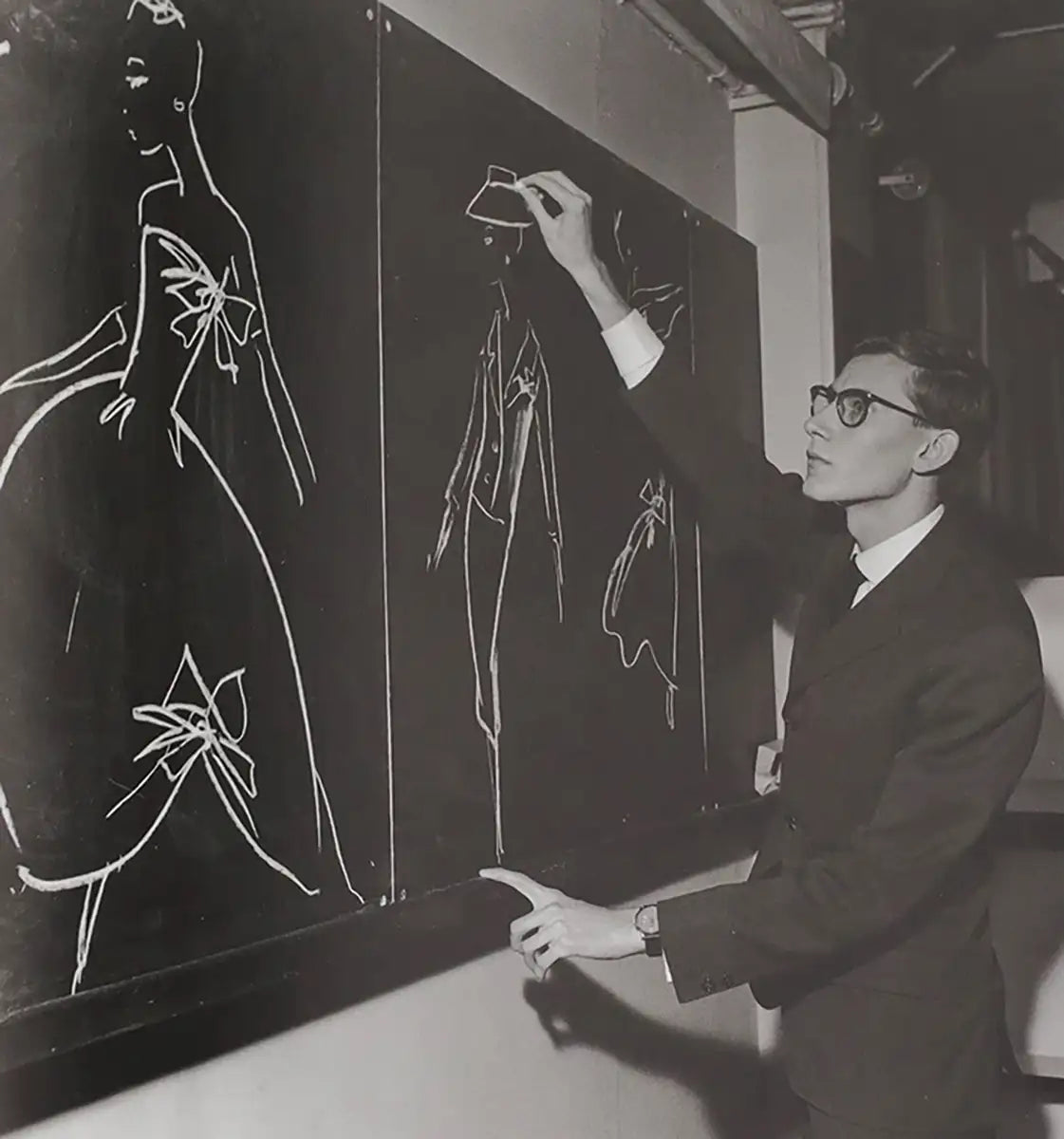
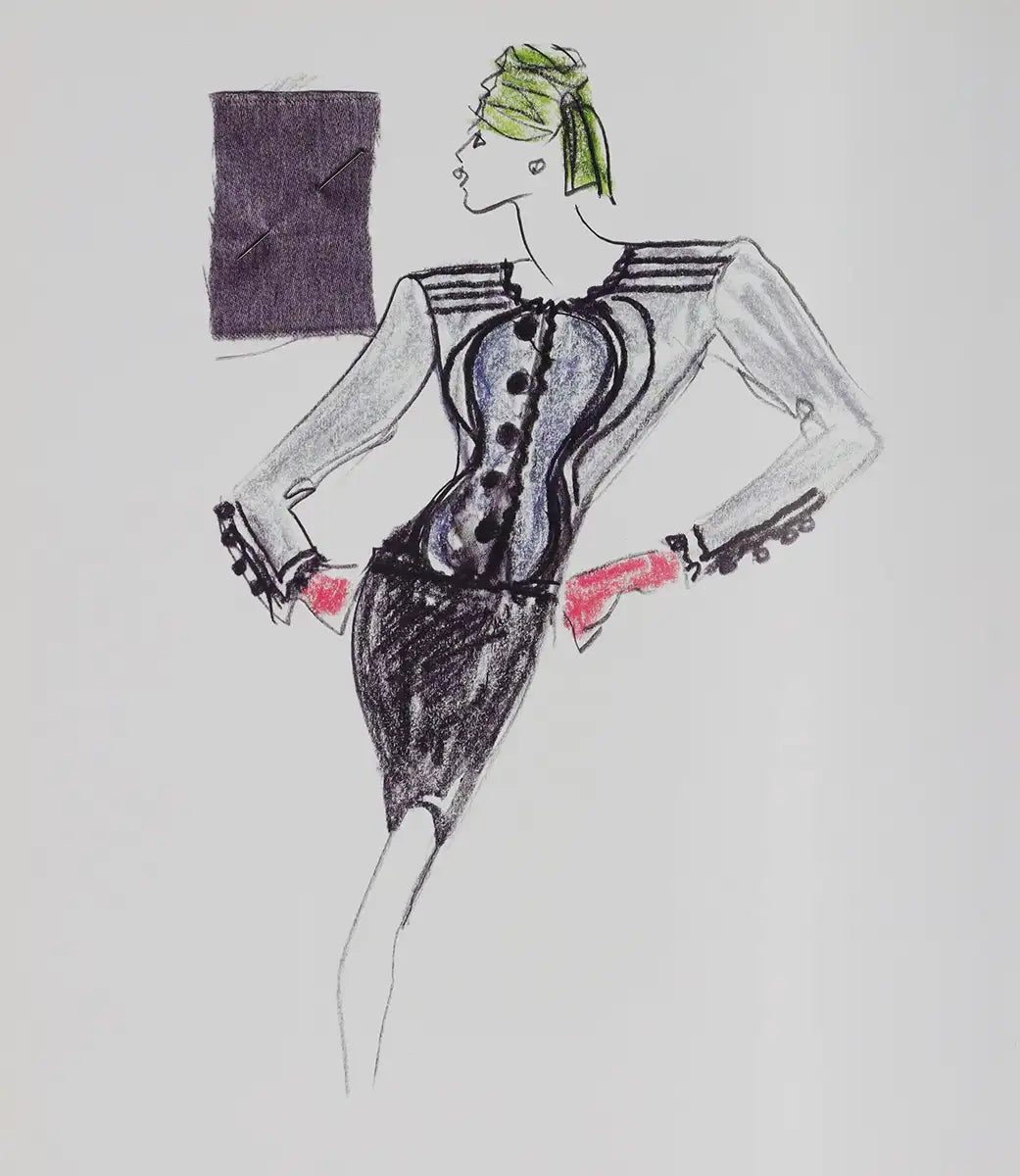
THE INTERNATIONAL WOOLMARK PRIZE AND THE FEUD WITH KARL LAGERFELD
Born in 1936 to a wealthy family in Algeria, young Yves grew up pampered and spoiled by his mother’s undivided attention; the latter was an elegant socialite who inspired all of the designer’s first sketches. Saint Laurent spent his time exercising his creativity, drawing, making clothes for his sisters’ dolls, and organizing theater shows in his own home.
In 1954, still undeage, Saint Laurent flew to Paris to participate in the International Wool Secretariat Prize (known today as International Woolmark Prize). Among the participants there’s also a 21-year-old Karl Lagerfeld, who wins one of the categories. Saint Laurent wins three. The two of them will spend the rest of their lives detesting each other.
THE AGE OF DIOR
Straight after his triumph at the Wool Secretariat Prize, Saint Laurent rose to fame. In 1955 he became the assistant of Christion Dior, back then the most famous name in the world of fashion. His creations for the house of Dior, including the dress worn by Dovima in Avedon’s famous picture with the elephants, soon captured everyone’s attention, and when Dior suddenly died in 1957, Saint Laurent took his place as head of the maison.
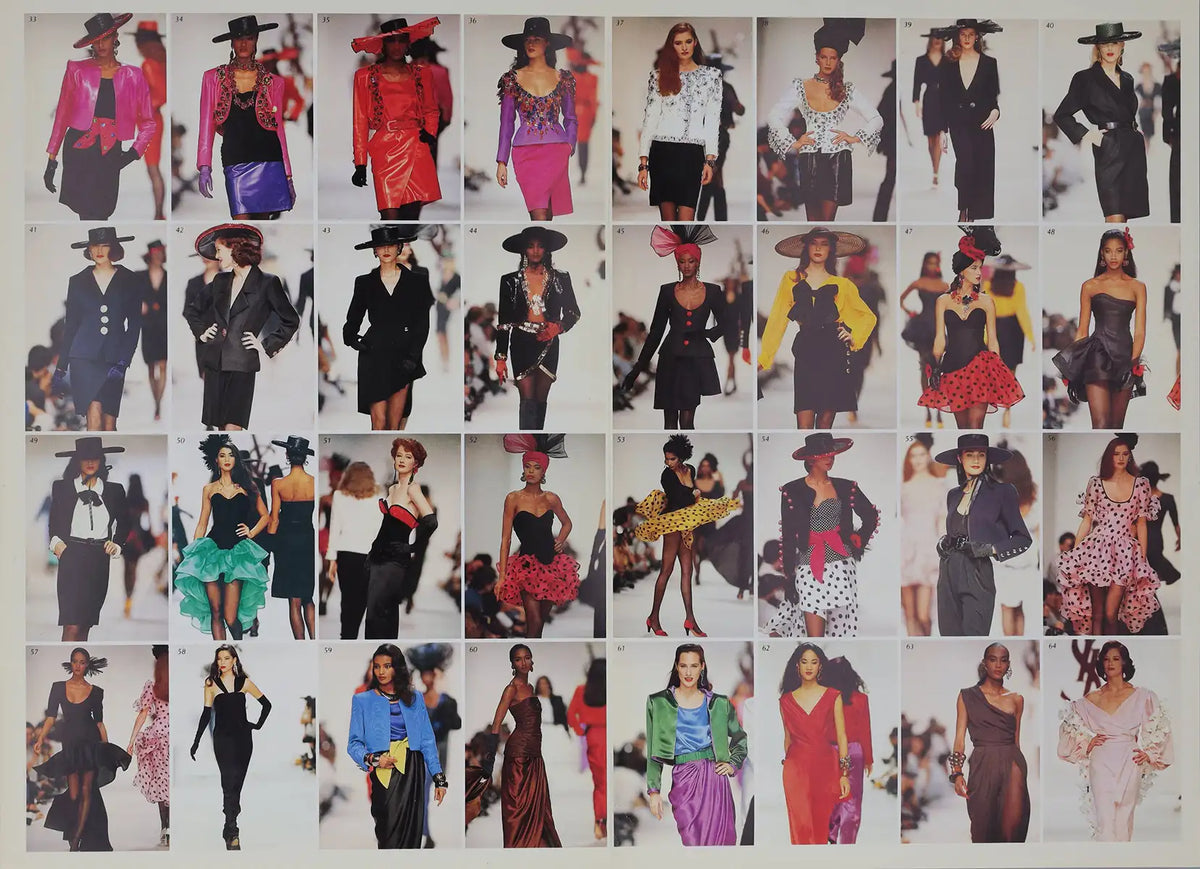
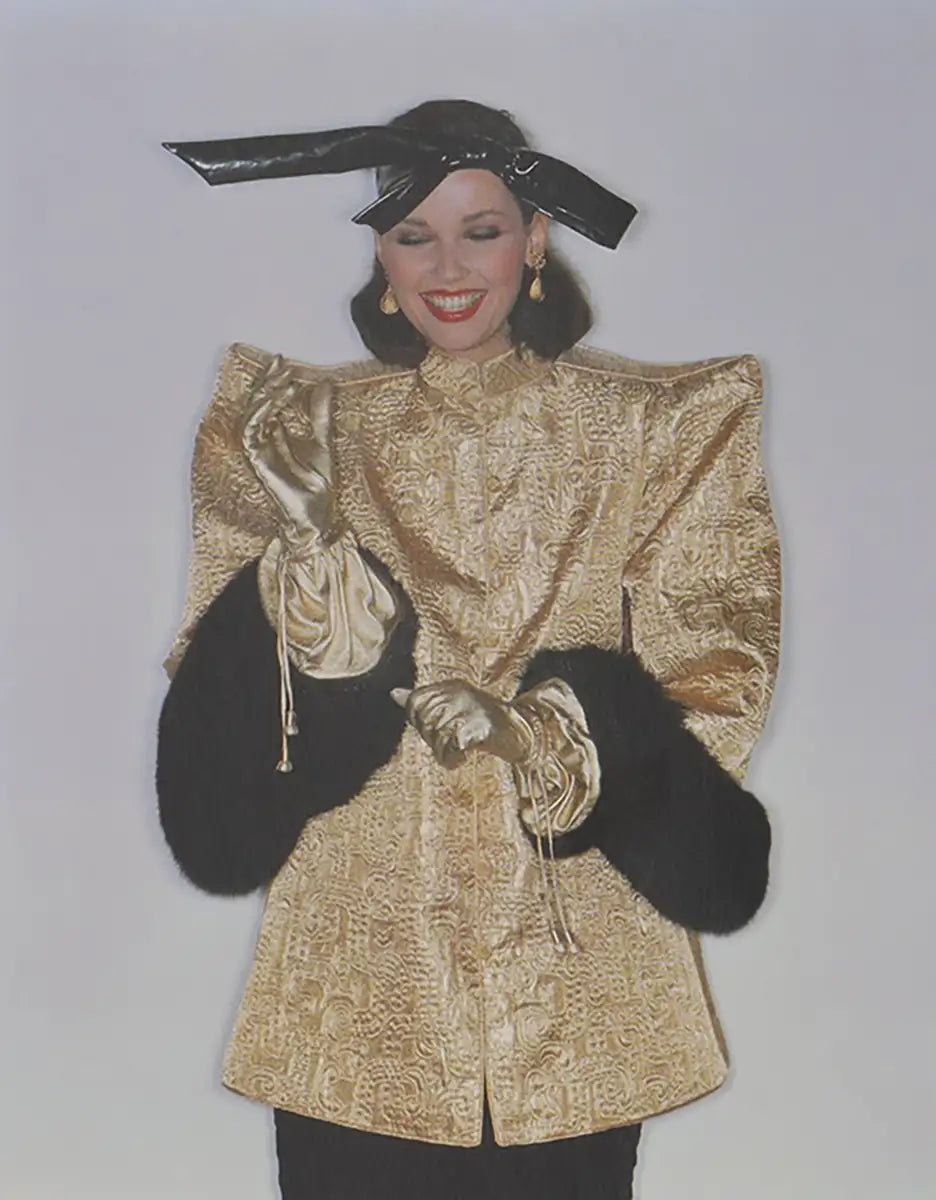
THE WAR IN ALGERIA AND THE ENCOUNTER WITH PIERRE BERGÉ
In 1960 Saint Laurent was enlisted and forced to take part in France’s war in Algeria - here, his nerves failed him. While hospitalized at the Bégin military hospital in Saint-Mandé, he received notification of having been fired by Dior
Back in Paris, alone, sick and unemployed, he made the second most important enounter in his life, the first one being with Monsieur Dior: Pierre Bergé. With him, thanks also to a generous compensation from Dior, Saint Laurent launched his eponymous maison in 1961.
THE SUCCESS OF MAISON YVES SAINT LAURENT
In Paris, a woman stands alone under the dim light of a streetlamp: her sleek hair is brushed back, her eyes elusively look downwards, she has a cigarette in her hand and she’s wearing a black smoking and a white shirt. Shot by Helmut Newton for French Vogue, this image perfectly embodies Saint Laurent’s vision of feminine fashion.
A forerunner of all things genderless, we owe to Saint Luarent the feminine reinterpretation of the trench, of the sahara shirt, of the safari pants and, most of all, of the tuxedo, which he presented as an alternative to the evening gown. In a famous interview, Saint Laurent stated: “Chanel set women free, I gave them power.” No matter how spectacular his haute couture creations may be, his strong point is his ready-to -wear, symbolizing sexual freedom and female self-empowerment.


YVES SAINT LAURENT AND THE FIRST VINTAGE COLLECTION IN HISTORY
The first collection of Maison Saint Laurent was described by Life as the most beautiful collection since the days of Chanel. On the catwalk there’s also an item that will go down in fashion’s history: the pea coat.
But when in 1971 the designer presented his first spring/summer haute couture collection, he was literally slaughtered by the press. Alison Adburgham from the Guardian described it as a “tour de force of bad taste”. On the catwalk, heavily made-up girls looking way older than they actually were, wore items paired in an apparently random way, in a chaotic mix of fabrics, prints and decades: jackets with broad shoulders, blouses in crepe de chine, dresses with balloon-sleeves and V necklines, artificially colored fur-coats and fake flowers.
The French press attacked the designer for a simple reason: what they saw in those clothes and those accessories was World War II, the Paris occupation and that mix-match style born out of necessity. However, that collection is in fact the first vintage-style collection in history.
SAINT LAURENT TODAY
For the entire duration of her presidential campaign, Hilary Clinton wore nothing but suits. When Saint Laurent died in 2008, The Financial Times cited Clinton as an example of the change brought by Saint Laurent into the lives of working women.
The life of Saint Laurent was dominated by excess. He loved scandals, provocations, he posed naked for the ad campaign of his own perfume. But those scandals and provocations ended up redefining the attitude of modern women.
The ashes of Saint Laurent are kept in the Majorelle gardens in Marrakech, Morocco, in the villa owned by French artist Jacques Majorelle and later on bought by Saint Laurent and Bergé. Head of the maison today, Anthony Vaccarello happily digs into the brand’s archive in order to keep on celebrating female power.

Saint Laurent Paris American Flag Backpack
- Regular Price
- ¥3,385.00
- Sale Price
- ¥3,385.00
- Regular Price
-
- Unit Price
- Translation missing: en.general.accessibility.unit_price_separator
Yves Saint Laurent Red Dress
- Regular Price
- ¥4,231.00
- Sale Price
- ¥4,231.00
- Regular Price
-
- Unit Price
- Translation missing: en.general.accessibility.unit_price_separator
Yves Saint Laurent Green Velvet Blouse - '80s
- Regular Price
- ¥889.00
- Sale Price
- ¥889.00
- Regular Price
-
- Unit Price
- Translation missing: en.general.accessibility.unit_price_separator
Yves Saint Laurent Cut-out Cardigan
- Regular Price
- ¥2,539.00
- Sale Price
- ¥2,539.00
- Regular Price
-
- Unit Price
- Translation missing: en.general.accessibility.unit_price_separator
Yves Saint Laurent Suede Jacket With Leaves
- Regular Price
- ¥4,231.00
- Sale Price
- ¥4,231.00
- Regular Price
-
- Unit Price
- Translation missing: en.general.accessibility.unit_price_separator
Yves Saint Laurent Wool Trench Coat
- Regular Price
- ¥3,808.00
- Sale Price
- ¥3,808.00
- Regular Price
-
- Unit Price
- Translation missing: en.general.accessibility.unit_price_separator
Yves Saint Laurent Red Blouse
- Regular Price
- ¥2,962.00
- Sale Price
- ¥2,962.00
- Regular Price
-
- Unit Price
- Translation missing: en.general.accessibility.unit_price_separator
Yves Saint Laurent Wool Jacket
- Regular Price
- ¥2,962.00
- Sale Price
- ¥2,962.00
- Regular Price
-
- Unit Price
- Translation missing: en.general.accessibility.unit_price_separator
Yves Saint Laurent Floreal Vest
- Regular Price
- ¥2,539.00
- Sale Price
- ¥2,539.00
- Regular Price
-
- Unit Price
- Translation missing: en.general.accessibility.unit_price_separator
Yves Saint Laurent Belted Jacket
- Regular Price
- ¥2,962.00
- Sale Price
- ¥2,962.00
- Regular Price
-
- Unit Price
- Translation missing: en.general.accessibility.unit_price_separator
Yves Saint Laurent Squared Pattern Foulard
- Regular Price
- ¥1,524.00
- Sale Price
- ¥1,524.00
- Regular Price
-
- Unit Price
- Translation missing: en.general.accessibility.unit_price_separator
Yves Saint Laurent Sailor Coat - '80s
- Regular Price
- ¥5,501.00
- Sale Price
- ¥5,501.00
- Regular Price
-
- Unit Price
- Translation missing: en.general.accessibility.unit_price_separator
Yves Saint Laurent Green Leather Nail-like Jacket
- Regular Price
- ¥6,601.00
- Sale Price
- ¥6,601.00
- Regular Price
-
- Unit Price
- Translation missing: en.general.accessibility.unit_price_separator
Yves Saint Laurent Grey overcoat
- Regular Price
- ¥7,616.00
- Sale Price
- ¥7,616.00
- Regular Price
-
- Unit Price
- Translation missing: en.general.accessibility.unit_price_separator
Yves Saint Laurent Blue Wool Ribbed Skirt
- Regular Price
- ¥508.00
- Sale Price
- ¥508.00
- Regular Price
-
- Unit Price
- Translation missing: en.general.accessibility.unit_price_separator




